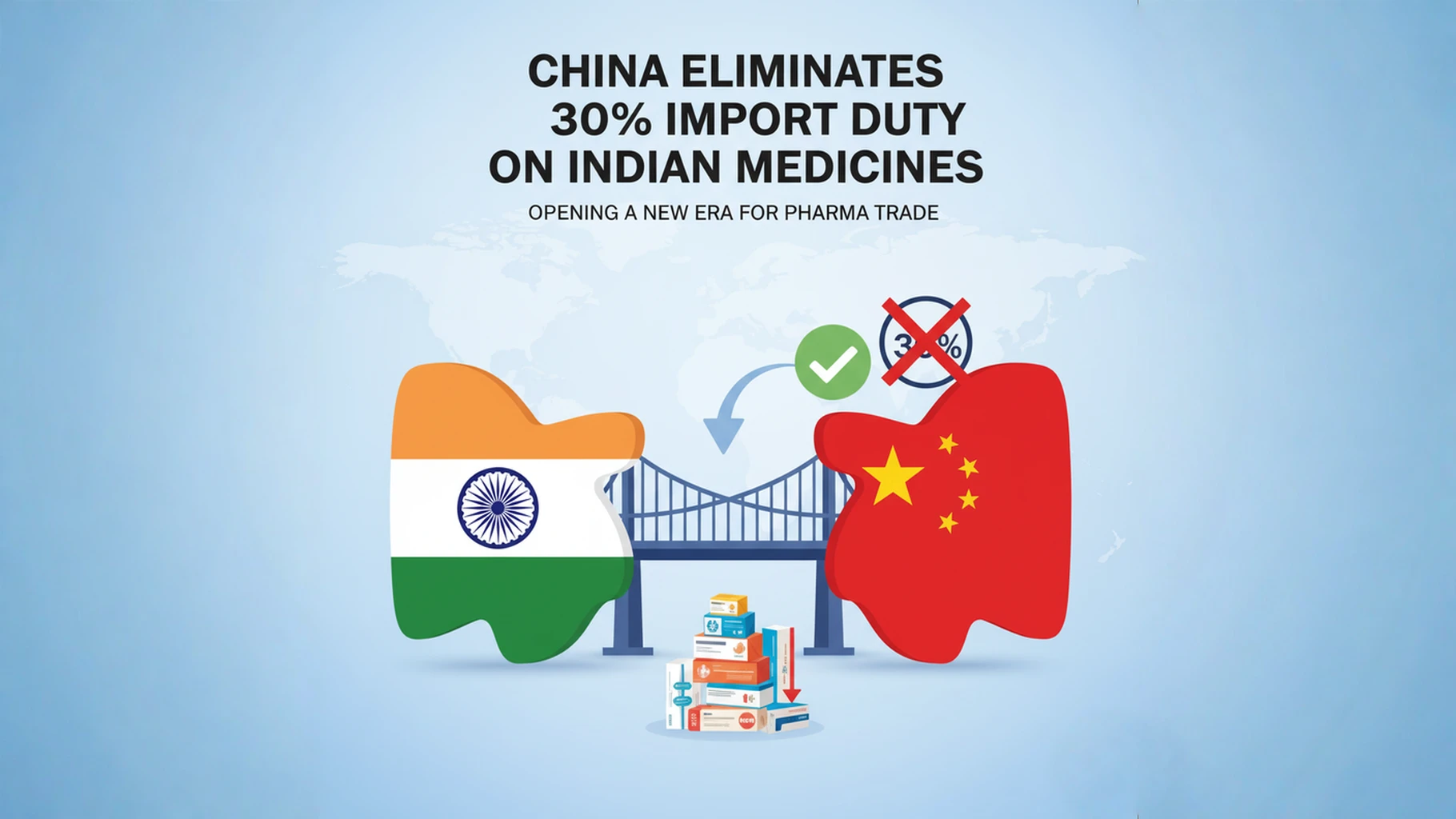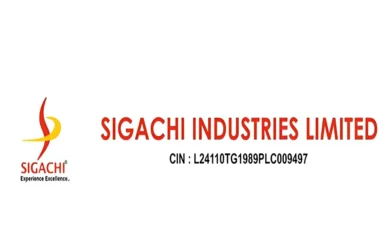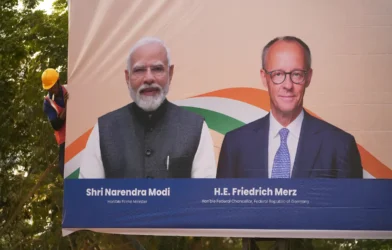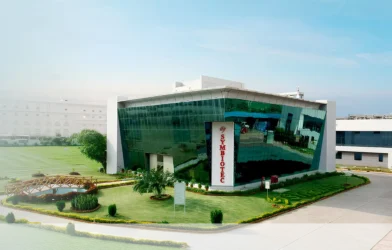In a landmark move that could reshape the pharmaceutical trade landscape, China has officially scrapped the hefty 30% import duty on Indian medicines, bringing it down to zero. This decision marks a turning point for both nations, strengthening bilateral trade ties while improving healthcare access for millions of Chinese citizens.
A Win for Indian Pharma
India, often called the “Pharmacy of the World,” is renowned for producing high-quality, affordable generic medicines. By eliminating import duties, China has unlocked a massive opportunity for Indian pharmaceutical companies to tap into one of the largest healthcare markets in the world. The move is expected to accelerate exports of critical drugs, especially life-saving cancer medications, antibiotics, and vaccines.
For Indian drugmakers, this duty waiver reduces the cost barrier significantly, making medicines more competitive in the Chinese market. Experts believe this policy change could result in a substantial rise in India’s pharmaceutical exports to China, which previously faced challenges due to high tariffs and regulatory hurdles.
Boost for Chinese Healthcare
China, with its rapidly aging population and rising demand for affordable healthcare solutions, stands to benefit immensely. The removal of duties ensures wider access to cost-effective treatments from India, particularly for chronic diseases such as diabetes, cardiovascular illnesses, and cancer. Lower costs are likely to ease the financial burden on patients, while also supporting government efforts to provide affordable healthcare.
The decision also reflects China’s growing recognition of India’s pharmaceutical strength and its willingness to collaborate in areas that directly impact public welfare.
Strengthening Bilateral Relations
This step is more than just a trade reform—it is a strategic move that strengthens India-China relations amid global uncertainties. Despite geopolitical challenges, the two Asian giants have chosen to deepen cooperation in the healthcare and pharmaceutical sectors, where mutual benefits are undeniable.
Industry leaders believe this will pave the way for greater collaborations in drug research, clinical trials, and technology exchange between the two countries. Such partnerships could potentially drive innovation and reduce global dependence on Western pharmaceutical giants.
Opportunities and Challenges Ahead
While the move offers significant opportunities, Indian companies will still need to navigate China’s complex regulatory framework. Ensuring compliance with stringent quality standards, patent laws, and local distribution requirements will be key to success.
Additionally, competition within the Chinese market remains intense, with domestic firms and multinational drugmakers vying for a share. However, the removal of duties provides Indian exporters with a strong competitive edge.
Global Implications
The decision could have a ripple effect on global pharma trade dynamics. As India strengthens its foothold in China, it could also enhance its credibility in other emerging markets. Moreover, affordable Indian drugs making deeper inroads into China may push multinational pharmaceutical companies to reassess pricing strategies worldwide.
Looking Forward
China’s move to eliminate the 30% import duty on Indian medicines is a transformative moment for global healthcare. It creates a win-win scenario: Indian companies gain access to a vast market, and Chinese patients gain access to affordable, life-saving drugs.
As the two nations move toward deeper cooperation in healthcare, this policy shift could emerge as a milestone in building a more accessible, affordable, and inclusive pharmaceutical ecosystem across Asia and beyond.
Disclaimer: This article is based on information available from public sources. It has not been reported by EQMint journalists. EQMint has compiled and presented the content for informational purposes only and does not guarantee its accuracy or completeness. Readers are advised to verify details independently before relying on them.









